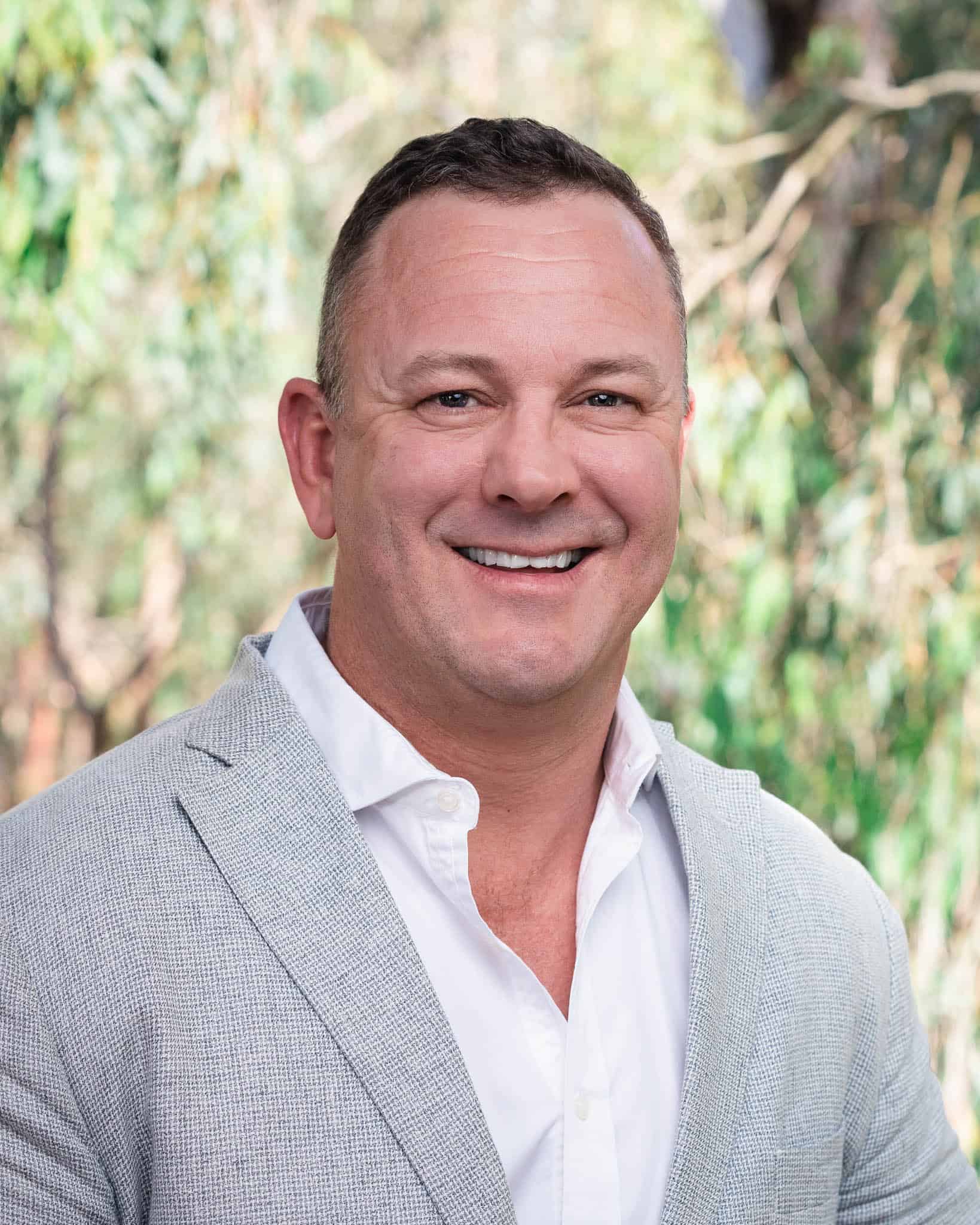Government push to lower emissions will hit business hard
By Leon Gettler, Talking Business >>
THE SHIFT to lower emissions under the Federal Labor Government’s legislation will be the biggest step change for businesses.
According to Ndever Environmental founder Matt Drum it will create a number of issues. It will create complexity, capital requirements, operations and market impact.
It will also create costs.
But Mr Drum said, potentially, that could also deliver savings because of reduced energy. 
He said the legislation created by the Federal Government covers 217 of the largest emitters in the country. These are big mining, big industrial processing and big manufacturing companies.
“It turns this cohort of 217 into carbon accountants,” Mr Drum told Talking Business. “What we’ve been doing for the last 15 years is we’ve been quite good at accounting our carbon but we’ve never had to reduce it except for that brief period where there was a carbon price in 2012.”
‘Massive step change’ for emissions
Mr Drum said, as a result, businesses now needed to understand that this was a massive step change with the majority of businesses required to reduce their emissions by 4.9 percent per annum.
As a result, he said, “transformational” projects will be required. If a business did not have the opportunity in the 2024 financial year to transform itself with, say, a fuel switch or a big energy efficiency project, they will be required to purchase carbon offsets or Australian carbon credit units.
This could potentially cost them millions in year one.
“So it’s not chicken feed,” Mr Drum said. “It’s an ongoing cost.
“Businesses will have a whole range of opportunities to reduce their emissions and each one of those opportunities will vary in scale in as much as how much they’ll be able to reduce their emissions and they’ll vary in cost to implement, operate and to acquire,” he said.
What businesses needed to do was to work out which opportunities were the cheapest and the most impactful to the most expensive.
“Theoretically, you work from the bottom of that curve up to the top of that curve, implementing the cheapest, most impactful activities first,” Mr Drum said.
“That’s what businesses need to understand because these projects will need finance. They’re going to need approvals, both financial approvals and potentially development approvals. They’re going to need hardware and equipment installed, purchased and commissioned.
“It’s a long-term play and this policy is a long-term policy.”
Costs balanced by savings?
Mr Drum said there would be costs – but potentially there would also be savings.
“We all know energy costs are going through the roof. If you’re implementing a project that saves a significant amount of energy, it might have a payback period of two or three or four years, that could be a cost negative opportunity,” he said.
“Factoring the cost of carbon, which we now have, some of them will have positive returns sooner than later.”
Mr Drum said once upon a time companies set a net zero target by 2050. Investors and stakeholders now felt it should be closer to 2035-2040
He said looking further out, some companies were relying on certain technologies like green hydrogen when the jury was still out on these innovations.
“Organisations need to start understanding the impact and the costs base and also, their ability to pass through those costs into their supply chain and to their clients,” Mr Drum said.
Hear the complete interview and catch up with other topical business news on Leon Gettler’s Talking Business podcast, released every Friday at www.acast.com/talkingbusiness
ends

